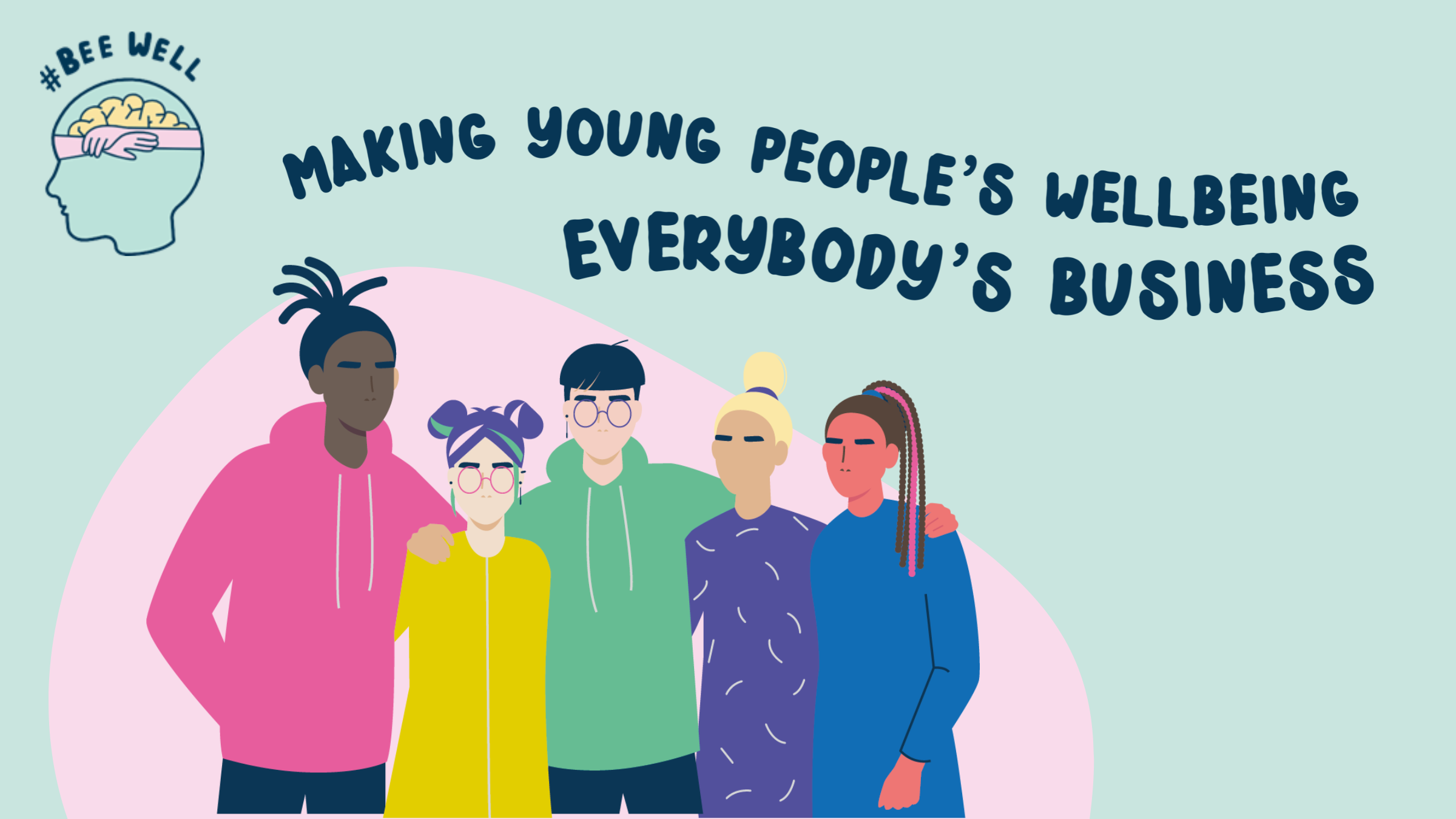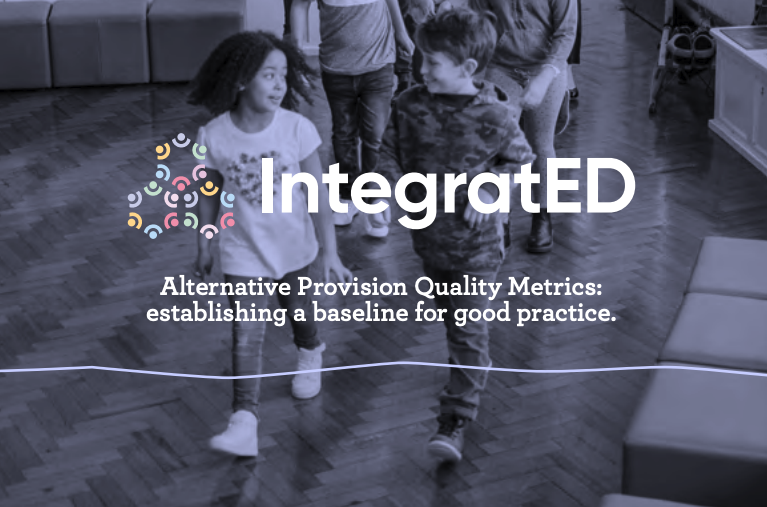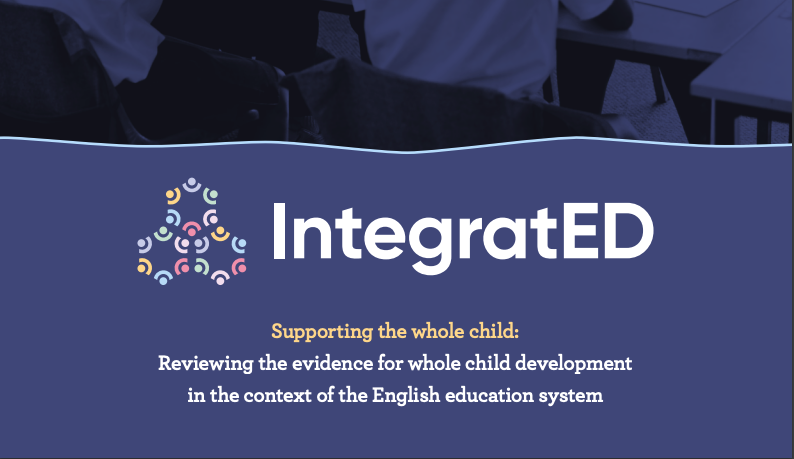
A current Difference Leader shares Mason’s story…
Mason and his mother sit opposite me in a classroom, both wearing masks and sitting at a distance. This is the first time I’m meeting Mason, so to make him feel at ease I take my mask off to give him a smile before putting it back on. Mason is here for an intake meeting at the Pupil Referral Unit where I work because he has been permanently excluded from school at the end of his first term in year 7.
“It is clear that Mason is feeling a deeper sense of shame and loss at having been excluded”
In our conversation it becomes clear that both Mason and his mum are really worried about how much school he has missed – he was in year 6 during the first lockdown last year and – like most pupils – did not attend school regularly from March until September when he started Year 7. Underneath this worry about missed learning, it is clear that Mason is feeling a deeper sense of shame and loss at having been excluded, and worry about starting in a new school during a national lockdown.
Mason’s story will be familiar to many working in alternative provision who have welcomed pupils who have been permanently excluded during the COVID-19 pandemic. It presents a unique set of challenges which Alternative Provision schools up and down the country are facing. Students who have been recently excluded are likely to feel a deep sense of shame and loss, and so much of the work that AP schools do is about building up confidence and resilience in the young people who join us. This work is difficult at the best of times, but especially hard during a pandemic.
The relationships between staff and students which are so vital to learning are incredibly difficult to build up through a computer screen – and that is assuming we can even get them to log on in the first place. Where we are able to offer education onsite this is often in even smaller groups or 1:1, where opportunities for making friends and “settling in” are limited. In one AP school, PE lessons – a lifeline for many students in AP – have had to be curtailed to make room for an on site testing centre. School leaders and teachers are bending over backwards to offer a high quality of education, whether remote or on site, but trying to engage pupils who aren’t familiar with staff, students and systems is really difficult.
“A lack of communication or information can make an already difficult job even worse”
In the best cases, mainstream schools who have had to permanently exclude students during the pandemic have recognised the unique difficulties of this and have put support in place – some have sent members of staff to intake meetings so that students see a familiar face and the transition can be more effective. Some mainstream schools have continued to check in with the students and their families and have worked closely with AP schools to offer support for the family. But unfortunately this is not always the case and a lack of communication or information on a child can make an already difficult job even worse.
There are also safeguarding implications here. At the point of being permanently excluded students can be at a particularly vulnerable point in their lives. This may be because they are on the periphery of gang involvement or have other factors putting them at risk. Being permanently excluded during a lockdown period can mean that students further disengage, not just from school but from other key support services. This makes the transferring of key safeguarding information even more vital.
The picture is not all doom and gloom. Mason has made a fantastic start despite all these difficulties – although his family have made the decision to keep him at home during the lockdown, he has engaged in online learning every day, he enjoys talking to his new teachers about everything from his favourite football team to his favourite books. But sadly, for every Mason out there, there are many other students who are falling through the cracks and disengaging from education entirely. The work of getting them back on track will fall to AP schools in the coming months and years.
This blog was written by a serving Difference Leader, reflecting on their lockdown learning.
The Difference will be spotlighting and sharing more lockdown learning from our network of school leaders and teachers over the coming weeks. Sign up to 4 Bullet Friday mailing list to keep in touch.
If you would like to be involved, have an opinion, or have something to share please e-mail us.



